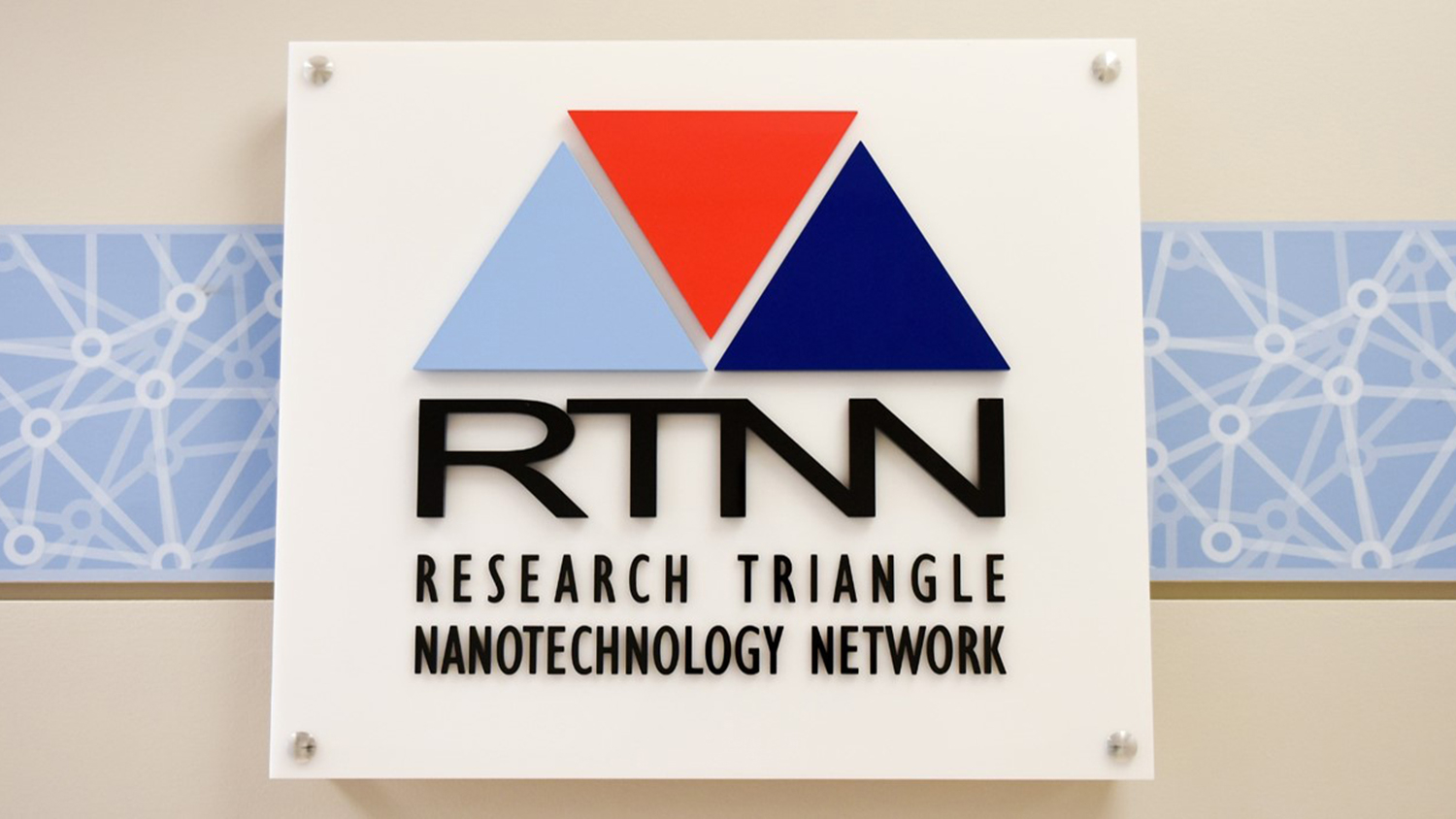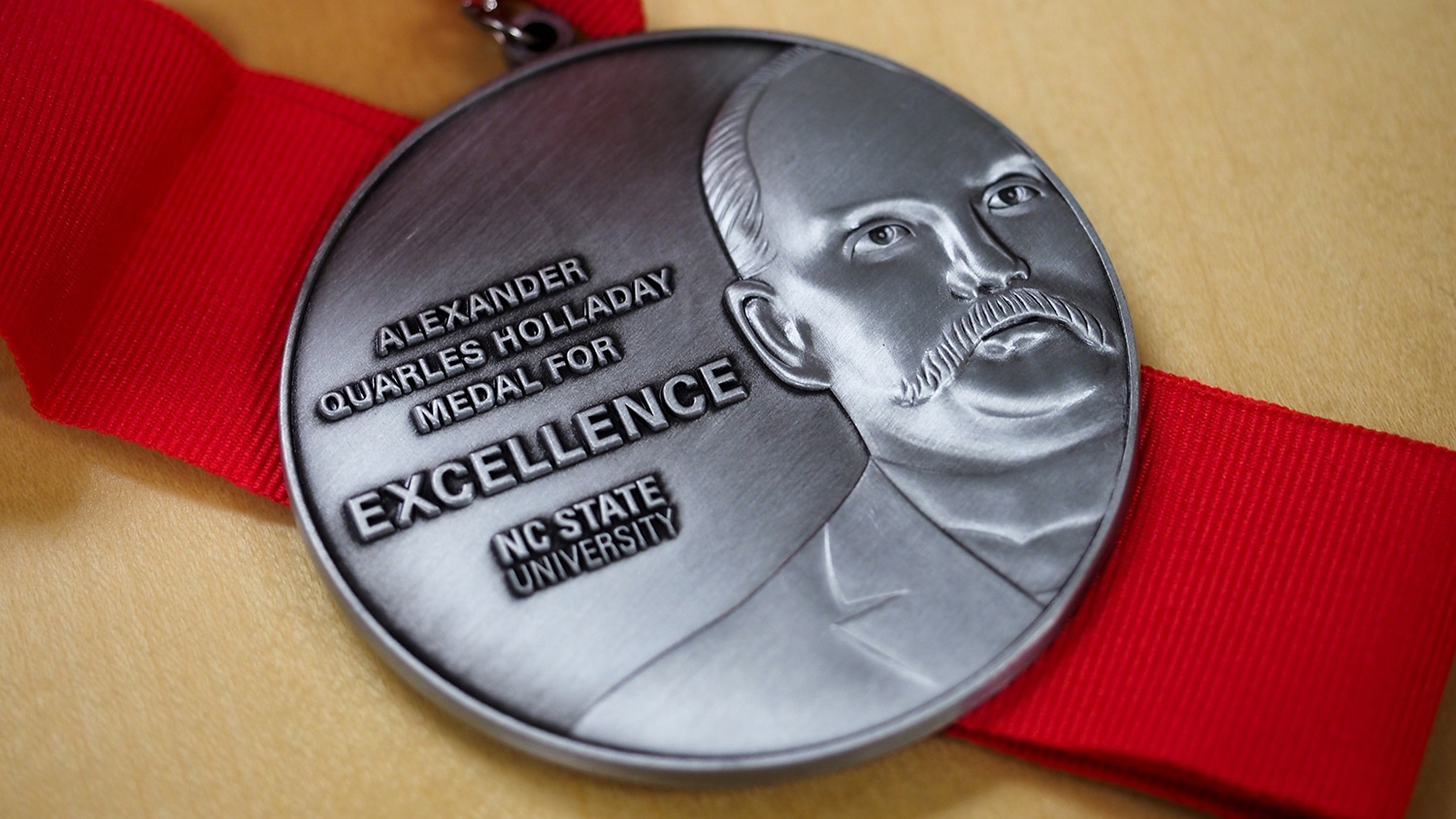Felder to be Honored by Binghamton University

Richard M. Felder, Hoechst Celanese Professor Emeritus of Chemical and Biomolecular Engineering at North Carolina State University, has been selected to receive an Honorary Doctor of Science degree from the State University of New York, bestowed by Binghamton University. He will receive the award and speak at the university’s Harpur College of Arts and Sciences commencement ceremony on May 18.
Felder, a chemical engineer well known for his expertise and continuing research in innovative teaching methods, joined the NC State faculty in 1969. He said that he has conducted all of the work and research for which he is being honored at NC State, and owes a great deal of his success and contributions to the support he has received within the College of Engineering.
“My career path has been somewhat unconventional,” he said, “in that I’ve chosen to emphasize teaching, faculty development, and educational research over traditional disciplinary research… I would not have been able to make the contributions to engineering education that led to my being honored now if I had not enjoyed the unfailing support for my career path decisions given to me by two individuals: the late Jim Ferrell, and Larry Monteith.”
Felder is co-author of Elementary Principles of Chemical Processes, an introductory chemical engineering text adopted by over 90 percent of U.S. chemical engineering departments and widely used worldwide. He said that it was the late Jim Ferrell, then his department head, who encouraged he and his fellow assistant professor, Ron Rousseau, to write the text. Ferrell pledged to support them, Felder said, even if it meant reducing time for research and jeopardizing their chances of getting tenure.
“With his encouragement we wrote the book,” Felder said, “which went on to become the most widely used chemical engineering text in the country and perhaps the world. Its success affirmed my subsequent decision to view education as my primary faculty role.”
“After I started to learn and implement alternative teaching methods with some success,” he added, “I had the idea of giving a workshop to share some of what I had learned with my engineering faculty colleagues.”
After clearing it with Larry Monteith, then the dean of engineering, Felder, Ric Porter, and Becky Leonard hosted the workshop. With its success, and with full funding from the College, they continued doing so every year.
“Eventually I started giving workshops elsewhere,” Felder said, “and I used the N.C. State model as the basis for creating the American Society for Engineering Education National Effective Teaching Institute.”
The institute, held every year since 1991, has been a widespread and well-recognized success.
“I’ve now given over 300 teaching workshops to more than 10,000 faculty members on campuses throughout the United States and in Europe, Asia, South America and Australia,” Felder said, “all of which can trace their origin to Larry Monteith’s support of an unusual request.”
Felder’s methods of inductive teaching—including inquiry-based learning, project-based learning and other student-centered methods that immediately involve students as active learners—have circled the globe, and he has published more than 200 works on science and engineering education and chemical process engineering.
Felder attended City College of New York, earning his bachelor’s degree in chemical engineering, and went on to Princeton University for his doctorate in chemical engineering. Since joining NC State faculty he has been honored with numerous awards, including the R.J. Reynolds Award for Excellence in Teaching, Research and Extension, the AT&T foundation Award for Excellence in Engineering Education, the Chemical Manufacturers Association National Catalyst Award and the American Institute of Chemical Engineers Institute Lectureship Award. In 2006, he was chosen as one of five Outstanding Engineering Educators of the Century by the Southeastern Section of the ASEE.
“I am deeply grateful to the State University of New York for honoring me with this degree, and to Jim and Larry for the support they gave me that made the honor possible,” Felder said. “I hope that my example will persuade some of my younger colleagues to take the road less traveled if that is what their heart tells them to do, and that Jim and Larry’s examples will persuade other administrators to support young faculty members who choose to take that road.”
See related story on Binghamton University’s website: http://inside.binghamton.edu/news/newspage.cgi?issue=2008apr17&id=2.
- Categories:


